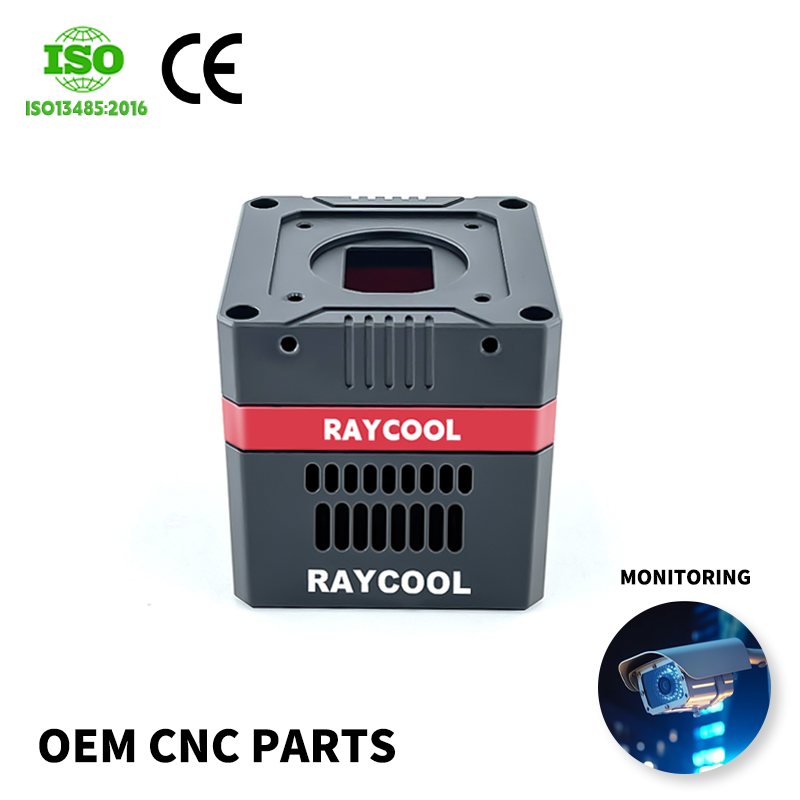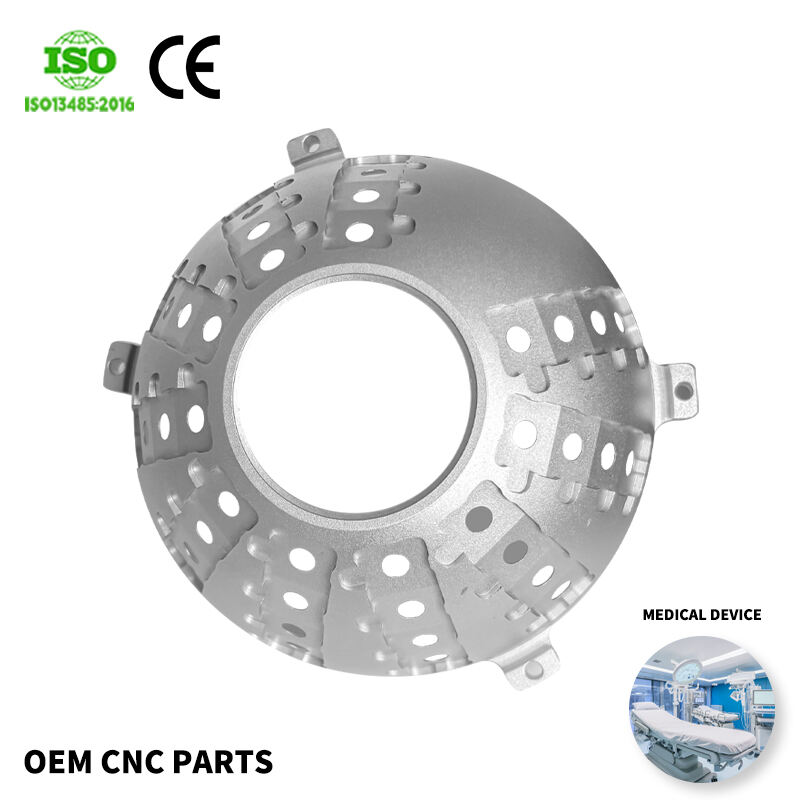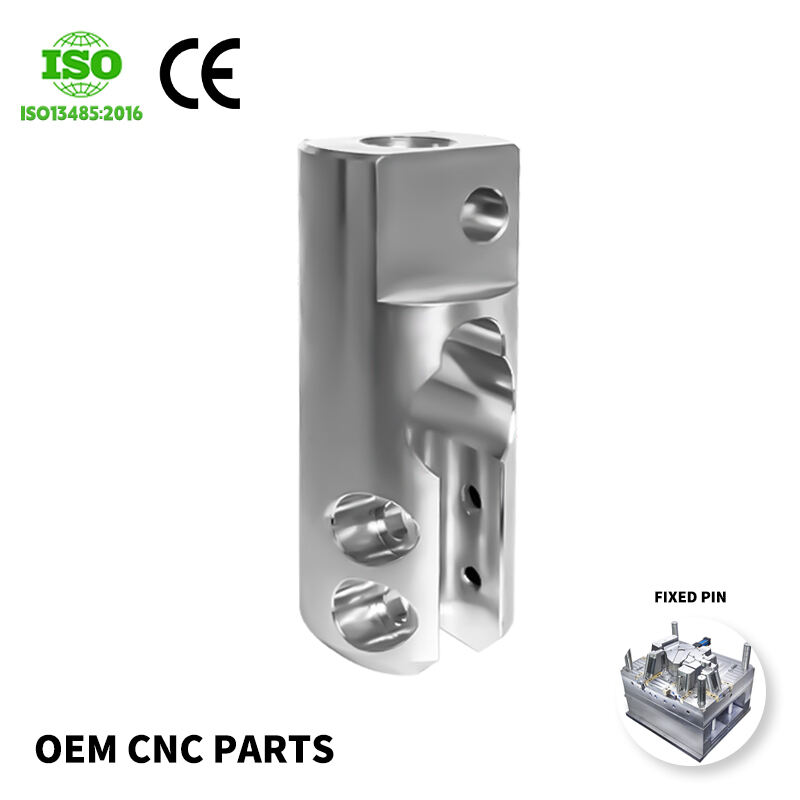precision machined components
Precision machined components represent the pinnacle of manufacturing excellence, combining advanced technology with meticulous craftsmanship to produce parts with exceptional accuracy and consistency. These components are manufactured using sophisticated CNC machinery and state-of-the-art equipment that can achieve tolerances as precise as ±0.0001 inches. The process involves converting raw materials into highly engineered parts through various operations such as turning, milling, grinding, and drilling. These components find critical applications across numerous industries, including aerospace, automotive, medical devices, and electronics. The manufacturing process employs advanced quality control systems and automated inspection methods to ensure each component meets exact specifications. Modern precision machining incorporates smart manufacturing principles, utilizing real-time data monitoring and adaptive control systems to maintain consistent quality throughout production runs. These components are essential in applications where reliability and performance are paramount, such as in aircraft engines, medical implants, and high-performance automotive parts. The versatility of precision machining allows for the production of both simple and complex geometries, with the ability to work with various materials including metals, plastics, and composites.



